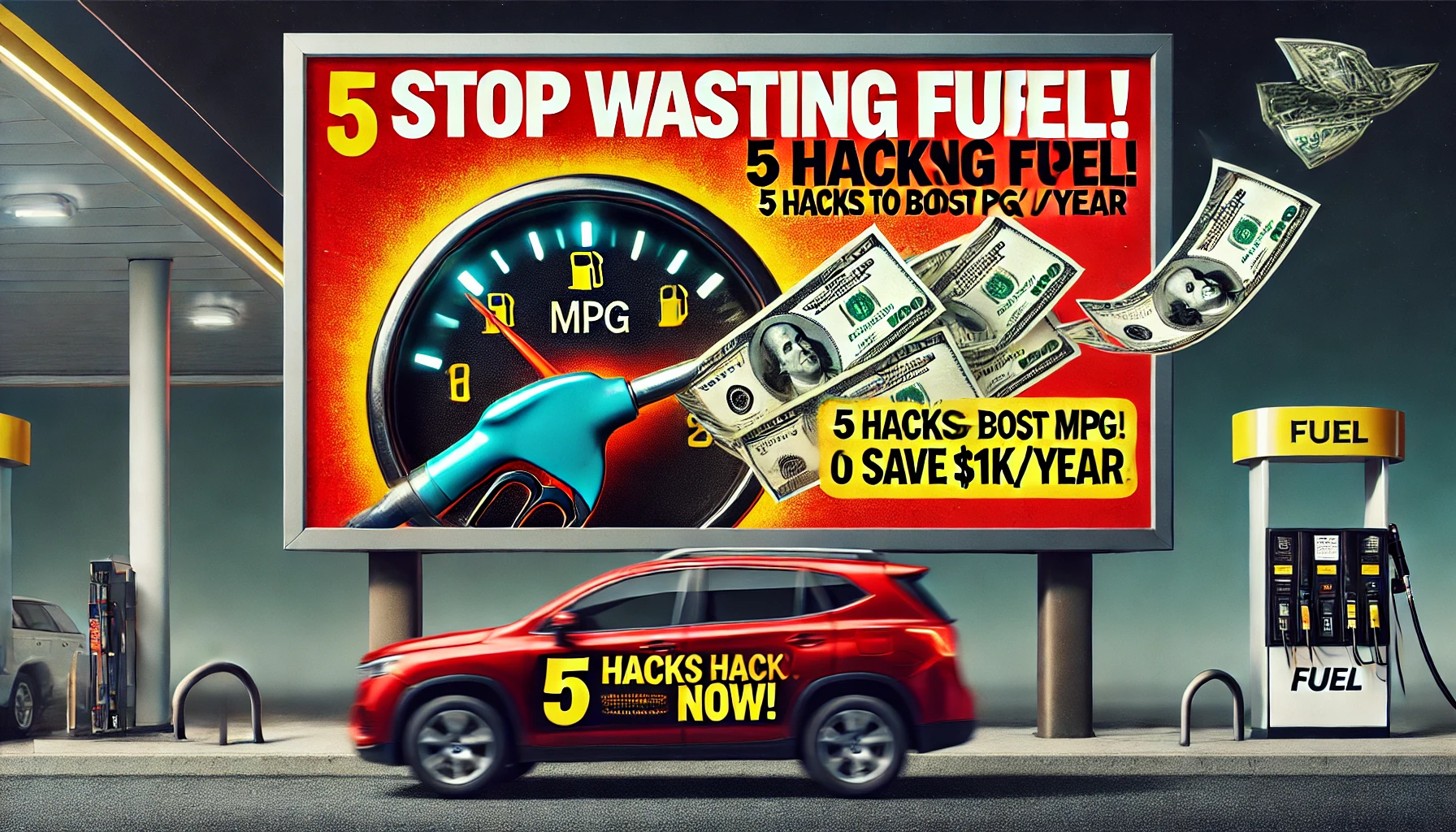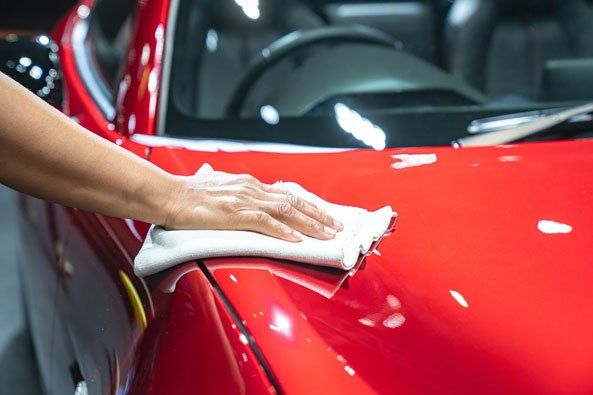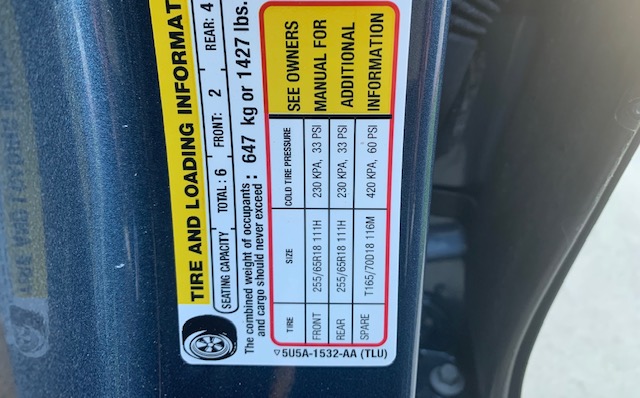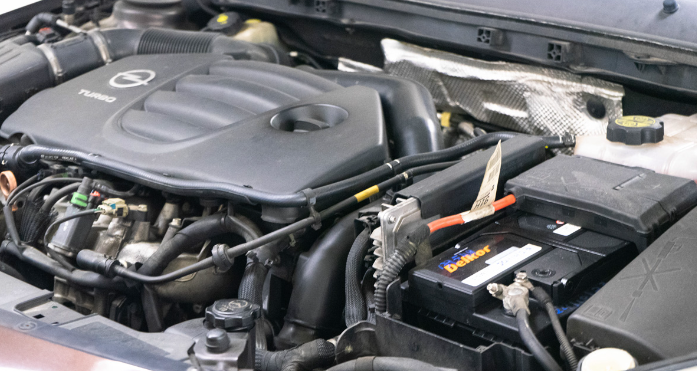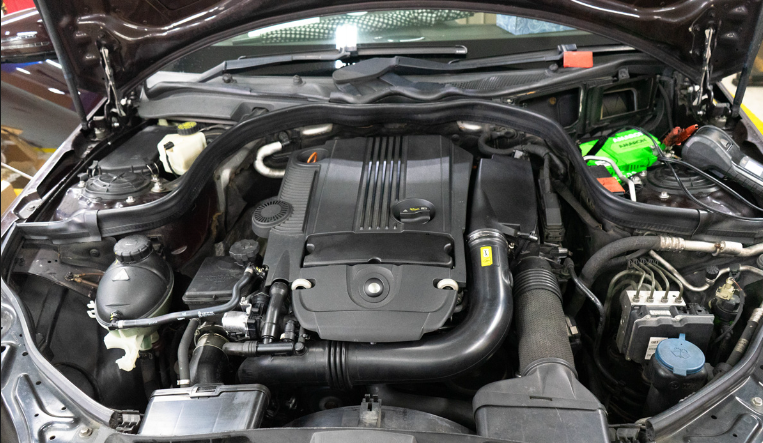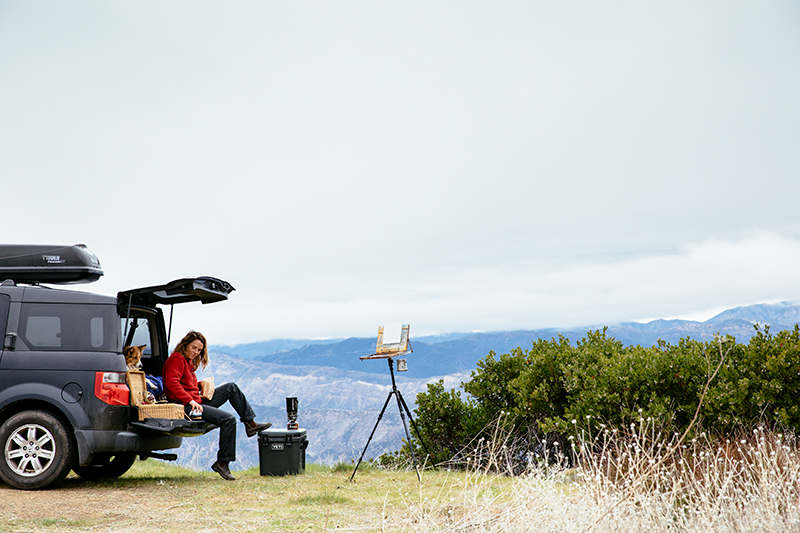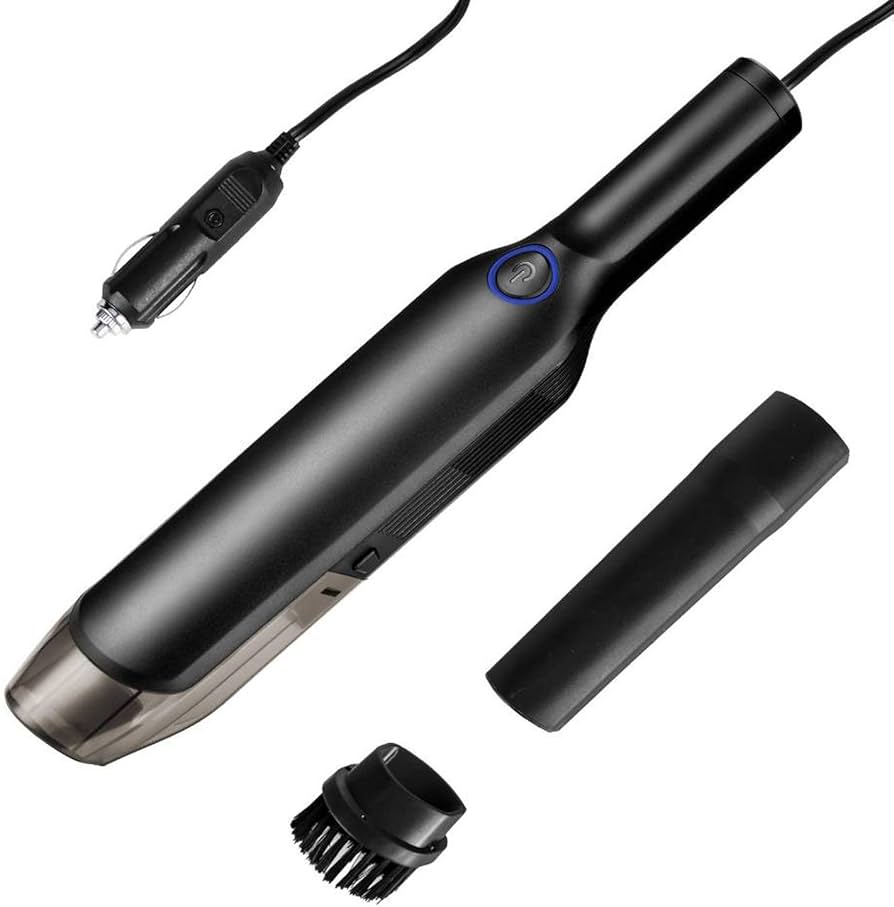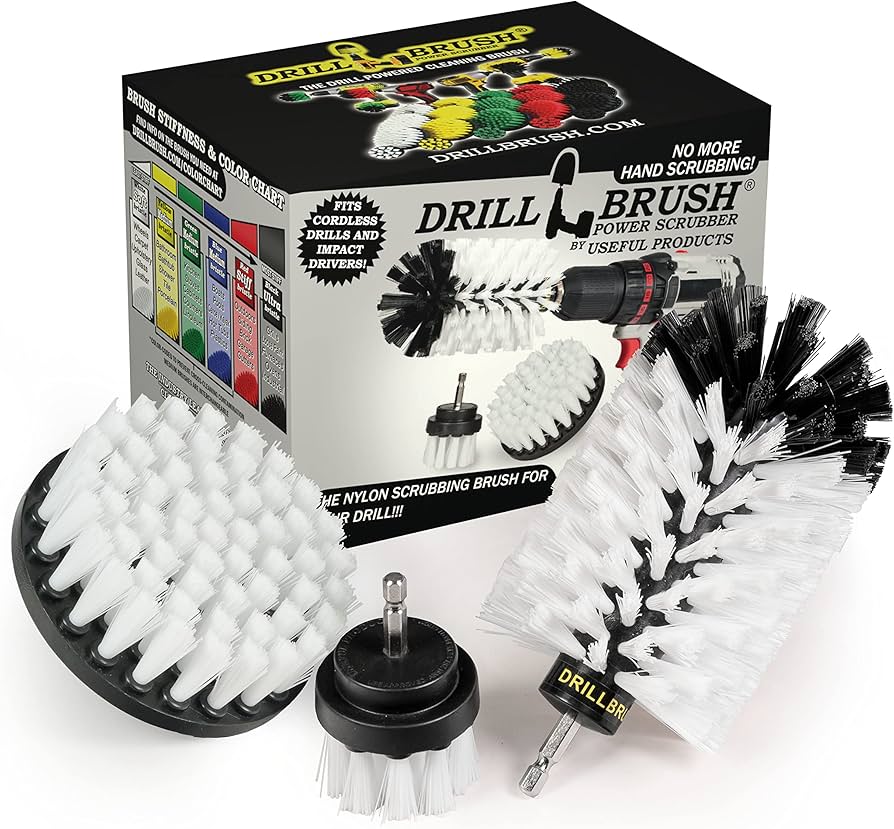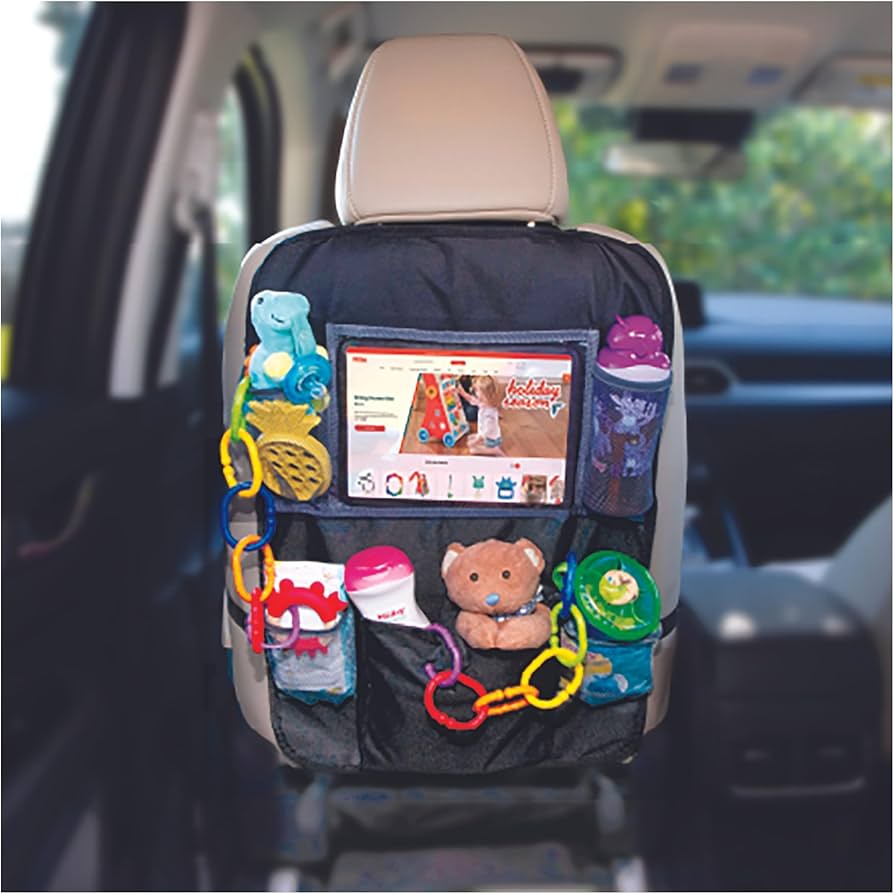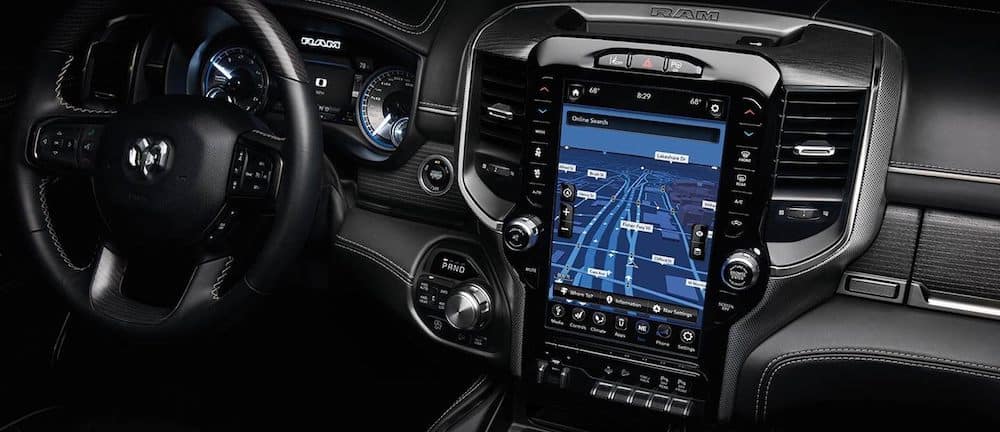Have you ever kept your car for a long period while on vacation or on some trip? You now notice that on getting back, your car is acting up.
Probably you thought the time you spent wasn’t long enough to affect your vehicle, and now you need to confirm how long you can actually leave a car without starting it.
Several reasons can cause anyone to leave their vehicle for some days or a long period.
But if you do that, you must do it right, so you don’t have to worry about any harm done to your vehicle. We will look at the best time duration you are allowed to leave your car and how best to do it.
Car not used for a long time
The period a car has to remain idle before getting damaged depends on many factors, including where you parked your vehicle and the vehicle’s preparation.
However, there are several negative effects of leaving your vehicle without starting for a very long time, and the signs can begin to show early you expect:
Battery
When you frequently drive your vehicle, the battery life is expected to last at least three years.
But when you leave your car without turning on the engine for a long time, your battery can go bad in two to four months.
This is because when you drive your vehicle at reasonable intervals, the alternator recharges continuously to replenish the energy consumed.
If you are not driving your car, there’s no charging going on, and you will be left with a dead battery.
Tires
When your vehicle stays static for a very long period, an accumulation of flat spots will begin to develop in the tires.
Basically, your tire will generate a type of formation that stops it from being wholly round. This formation will cause significant vibration when you begin to drive to start your vehicle after storage.
The flat spots might begin to develop after one or two months of leaving your car idle, and low tire pressure also makes the situation worse.
In a lot of cases, moving your vehicle after abandoning it for a while can get rid of the flat spots. But there are some cases where the damage can’t be reversed, and you will have to get a new set of tires.
Gas
You should know that your fuel can get bad. When you don’t store your gas in an airtight system, the gas will mix up with oxygen and begin to react. This can cause fuel degradation.
The process can take about one month to begin and about six months for your gas tank to get bad. Old gas doesn’t retain its ability to ignite and forms gummy deposits, which can affect the performance of other car parts.
Pests
A vehicle parked for a long time can become a house for pests like a mouse. As these pests move in, they can begin to damage the car, chewing the plastic, wires, and other soft parts to build a nest.
The longer these pests are left undisturbed, the more serious damage they are likely to cause.
Rust
Oxidation causes rust, which greatly depends on the area where your vehicle is stored. For rust to occur it requires excess moisture to develop, and wet conditions will cause rusted metal.
The presence of salt, usually used during winter, speeds up the rusting process. Bare metal can start developing rust within a week. The longer your vehicle isn’t protected, the more rust it forms.
Hoses
As rubber ages, it will begin to dry out and break. Most drivers are used to changing their car parts due to mileage and sometimes ignore the belts and hoses. When your vehicle stays parked for a long time, these parts need to be changed in about three to five years.
How Often Should You Start Your Car?
Preferably once or twice every week. However, there’s no specific answer to this question. A lot of drivers will support the motion that you should leave your vehicle idle for two weeks tops without starting it.
Any longer period would be a threat to your vehicle, you might be able to turn on your engine after two weeks, or it can also cause some unnecessary damage to the various parts of your car.
If you aren’t around for a long time, you should get someone to help you service your car in your stead.
Two weeks is long enough to leave a car park, but there are several reasons why you might not have to use your vehicle for a long period. The two-week window period is not scientifically proven.
You might need to start older vehicles more often than modern vehicles, and some modern cars can last longer than two weeks without you having to touch them.
If you are really concerned about your car battery, then the period you can leave the car stored depends on its age, model, present condition, and make.
The environment also has a role to play in how long you can leave your car. Regions with cold weather might not be good for you to leave your car idle for so long; it will become so challenging to start.
Outside of your battery, there are also points stated above to emphasize the need to start your car regularly. You shouldn’t have to pay a huge sum for repairs just because you occasionally fail to get your vehicle a little warm-up.
How Can I Preserve My Car for So Long?
The Handbrake
To preserve your vehicle for long-term storage, you shouldn’t use your handbrake to park the car. Instead, try leaving the vehicle in gear and park it with chocks.
But if you need to park on a hill, this method might not hold your vehicle firm, so if you want to try this, do it on level ground. You can go a step further in disconnecting your battery.
Contact A Friend
If you must leave your car for a long time, one of the ways to avoid the risk of any damage is to contact any friend of yours to help service your car on a regular basis.
You can also get your friend to take the car for a short drive around. If long drives are possible, then you should do that. This will ensure your battery gets enough charge.
Fuel
To prevent any corrosion in the internal part of your vehicle and stop the accumulation of unwanted particles, pour clean engine oil into your vehicle before you finally park it.
But before the final, ensure you drive it around, so the oil can circulate properly in the engine.
You should also fill up your tank to avoid corrosion due to condensation in the fuel tank. Also, set your tires at the right pressure gauge.
FAQs
What happens if a car is not driven for 6 months?
Is it bad to let a vehicle sit for a long time?
How do you store a car for 3 months?
What happens if you don’t turn a car on for a year?
How long can a car sit and be okay?
Final Verdict
Leaving your vehicle idle for a long time can cause issues when you want to start it up again.
You can minimize the risks by sticking with our suggestions and guidelines. Giving your vehicle warm-ups frequently always keeps it healthy and ready.
Moreover, it helps keep your battery charged up the next time you want to drive out.




